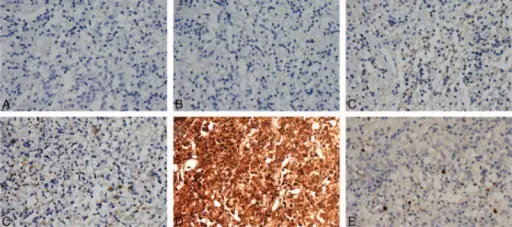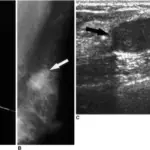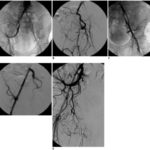Infertility related to pituitary gland disorder is linked to altered to the hypothalamic-pituitary-gonadal axis, and gonadotroph cell adenomas to the pituitary gland that causes instability of the axis.
What is the Pathology of Infertility Related to Pituitary Gland Disorder?
The pathology of infertility related to Pituitary gland disorder is:
-Etiology: The cause of infertility related to pituitary gland disorder is a tumor of the pituitary gland, hypopituitarism, hypogonadism
-Genes involved: Unknown.
-Pathogenesis: The sequence of events that lead to infertility related to pituitary gland disorder result from incapability of the hypothalamic LHRH pulse creator and/or incapability to pituitary responding with LH and FSH secretion. Interruption of the hypothalamic-pituitary-gonadal axis. Gonad does not produce sex steroids adequate to overpower the secretion of LH and FSH.
-Morphology: Infertile.
-Histology: NA.
How does Infertility Relate to Pituitary Gland Disorder Present?
Patients with Infertility related to pituitary gland disorder typically affect both males and females present at the age range of 20 to 45 years. The symptoms, features, and clinical findings associated with infertility related to pituitary gland disorder include, gynecomastia, erectile dysfunction, and loss of libido.
How is Infertility Related to Pituitary Gland Disorder Diagnosed?
Infertility related to pituitary gland disorder is diagnosed through laboratory studies such as FSH levels, LH levels test, TFTs, prolactin levels, semen analysis, ACTH stimulation test, and MRI of the brain.
How is Infertility Related to Pituitary Gland Disorder Treated?
Infertility related to pituitary gland disorder is treated through hormonal replacement, treating underlying cause.
What is the Prognosis of Infertility Related to Pituitary Gland Disorder?
The prognosis of infertility related to pituitary gland disorder is good most respond well to treatment.



